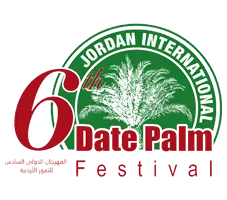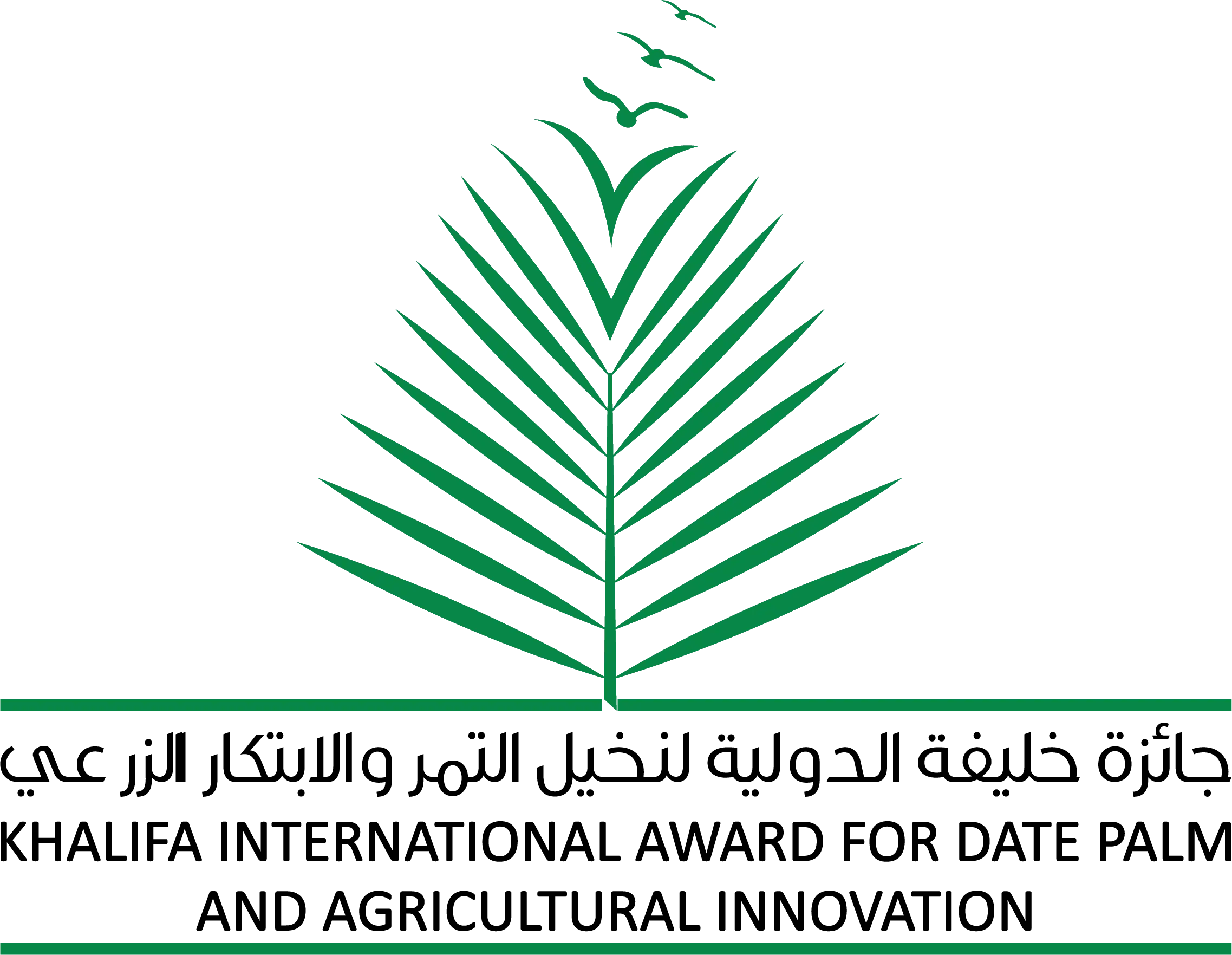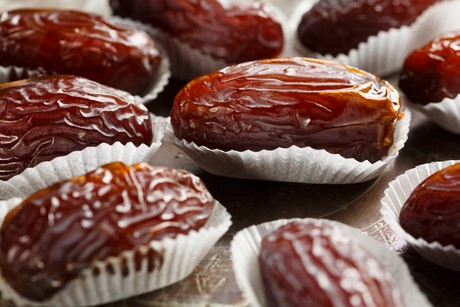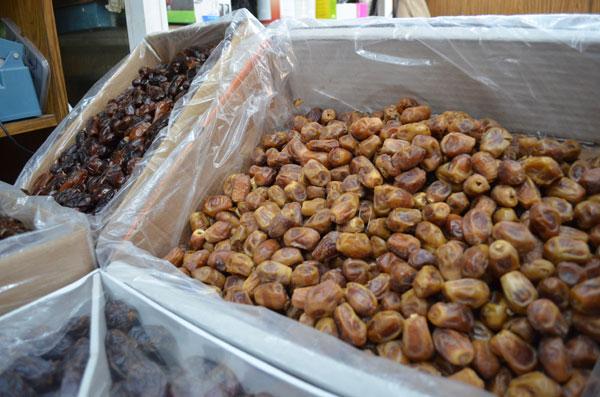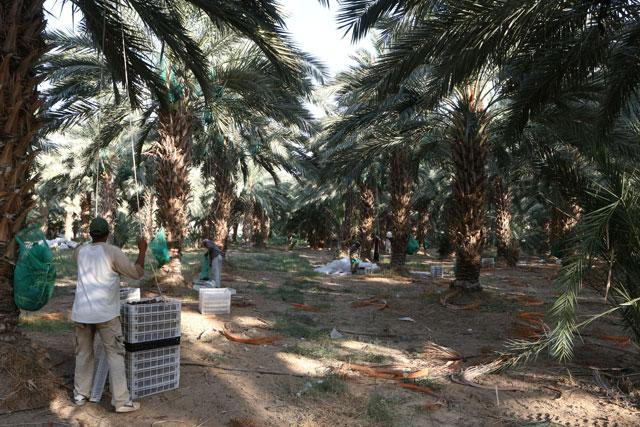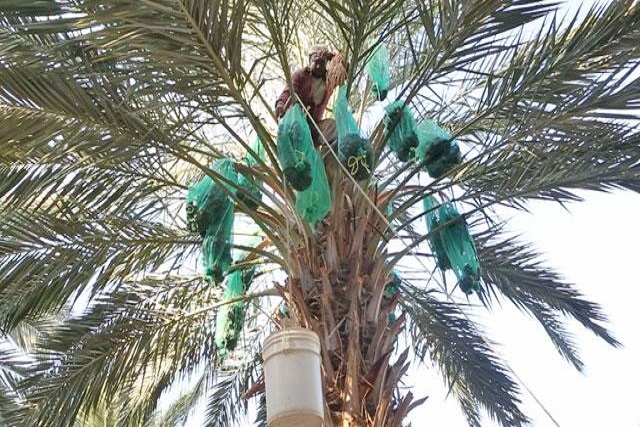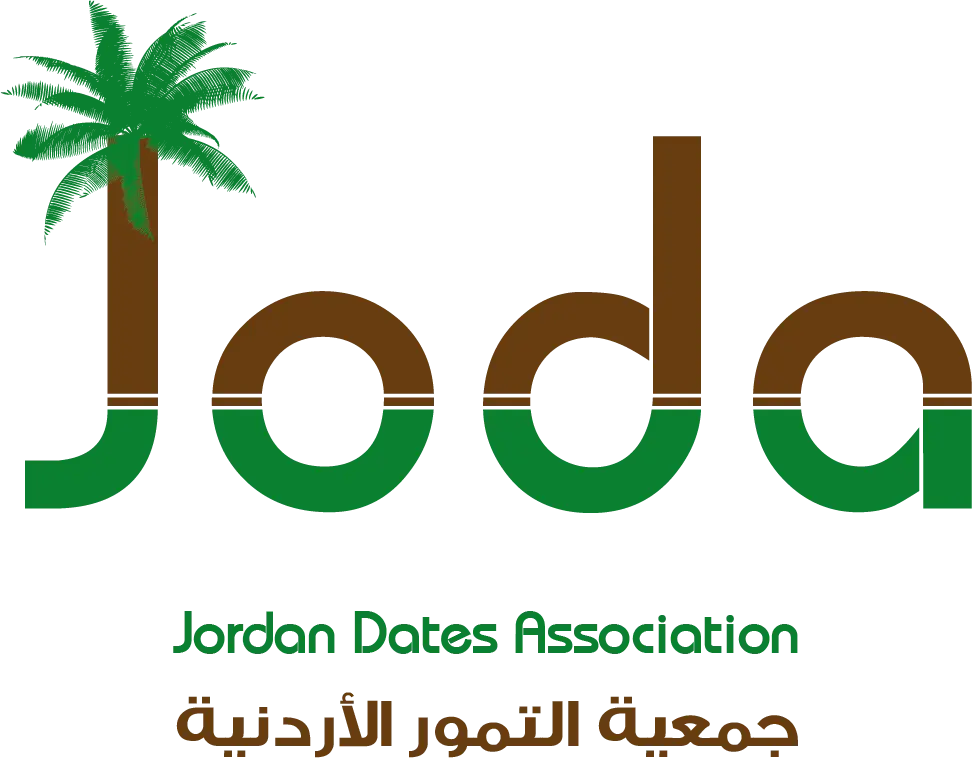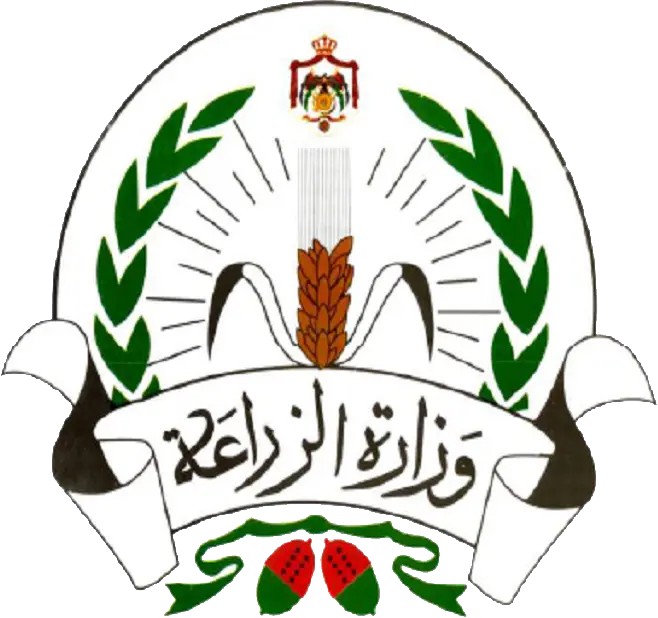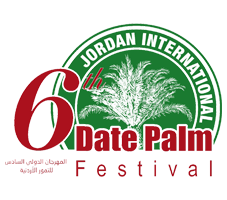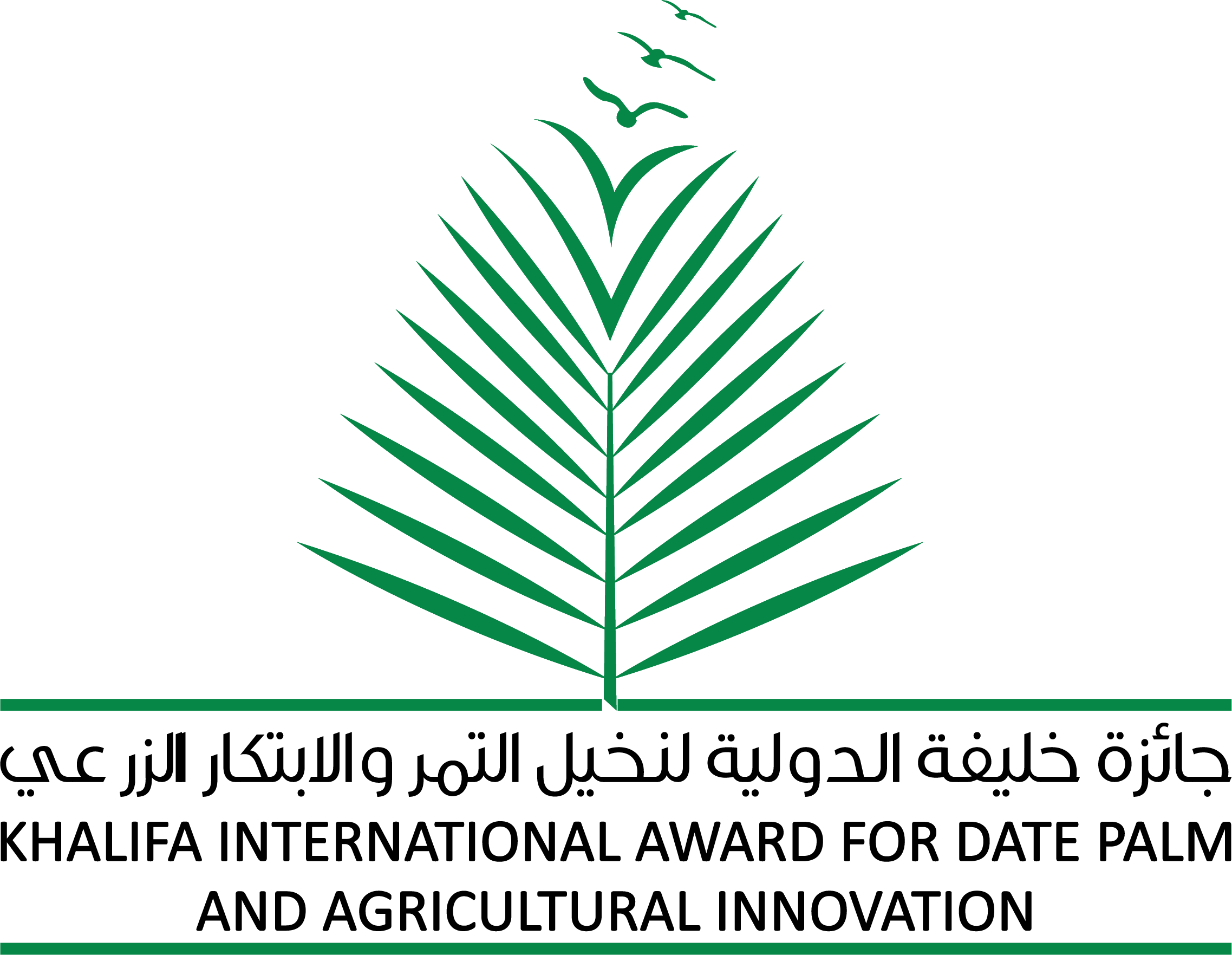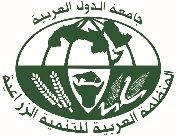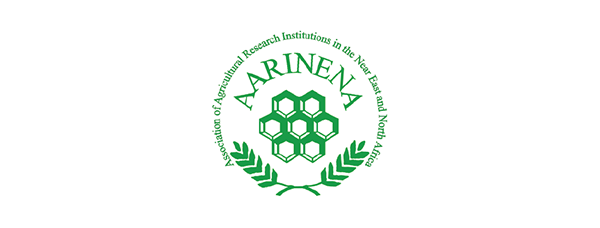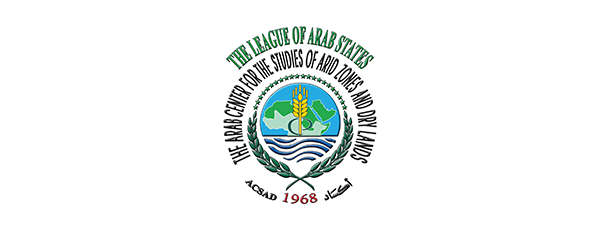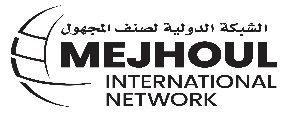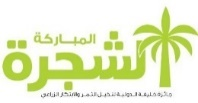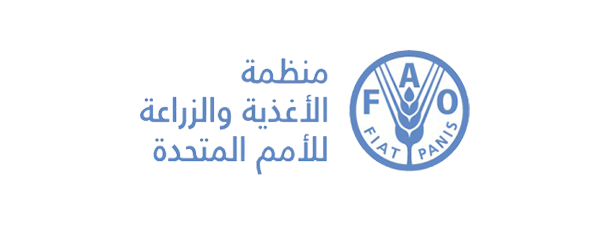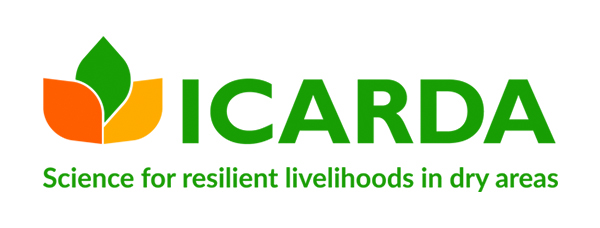The Reality Of Date Palm Cultivation And Date Production In Jordan
The "Mejhoul" variety has marked a significant breakthrough in global demand for dates due to its taste and easy-to-digest texture, which is favored by consumers worldwide. Investors have expanded the production of Jordanian "Mejhoul" dates alongside "Barhi" dates, which are also consumed at the stage of ripeness known as "Balah" and are characterized by their sweet taste and tender texture. Another advantage of the Jordanian "Barhi" variety is that its production season begins after the production season in the Gulf countries has ended. Both of these date varieties are distinguished by their sugar content, which is mainly comprised of disaccharides (glucose and fructose) rather than monosaccharides (sucrose), which have a negative impact on blood sugar levels. Additionally, "Mejhoul" dates contain high levels of potassium, phosphorus, vitamins A and B, antioxidants, and phenols, as well as significant amounts of magnesium and manganese.
The Date Sector In Jordan
The area currently cultivated with "Mejhoul" and "Barhi" dates in Jordan is estimated to be around 35,000 dunams, spread along the Jordan Valley and up to the Aqaba region in the far south of Jordan. The number of palm trees is estimated to be around 500,000. It is expected that Jordan's share of date production in the global market will increase over the next three years due to the introduction of new areas into production and the ongoing expansion of "Mejhoul" and "Barhi" date cultivation. The return on dates from water productivity is also several times higher compared to other types of fruits and vegetables. Additionally, the date palm sector in Jordan has the potential to provide employment for skilled labor year-round, not just seasonally. Currently, the sector offers around 5,000 job opportunities, with women making up more than 35% of the workforce. This sector also has the capacity to utilize modern techniques and machinery in production and post-harvest operations, with several farms holding certifications for good agricultural practices (Global GAP), ACCP, ISO 22000, and other global quality standards. Farmers in this sector are continuously developing and updating production and post-harvest technologies.
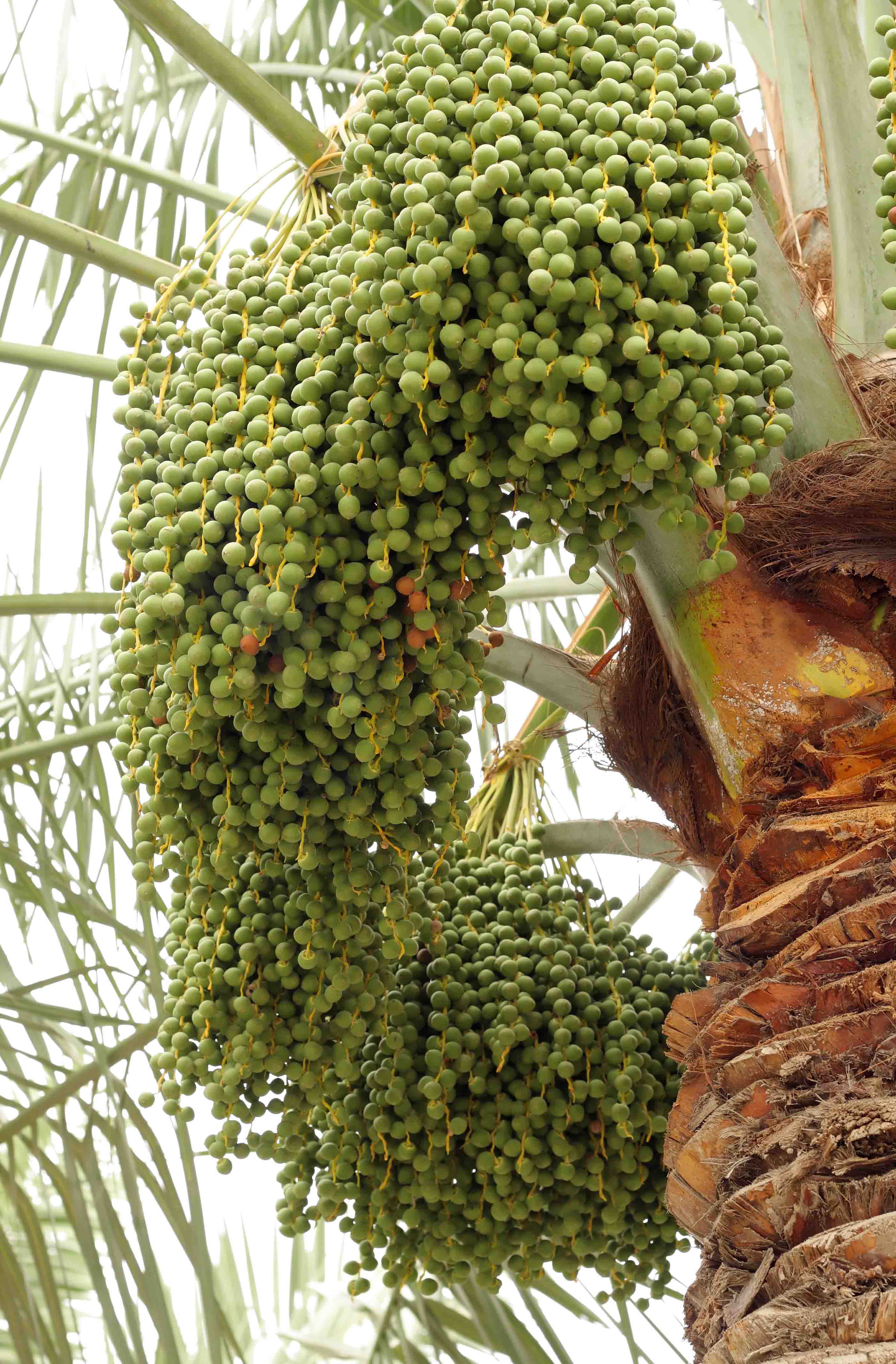
DATE TRADE IN JORDAN
The annual date production in the Hashemite Kingdom of Jordan is estimated at around 25,000 tons, which is expected to increase to about 40,000 tons in the coming years. Jordan annually consumes approximately 32,000 tons of dates. The per capita consumption of dates in Jordan is expected to significantly increase to 2 kg per year compared to consumption rates exceeding 35 kg per capita in Iraq and Saudi Arabia, due to increased awareness of the nutritional importance and value of dates.
Statistics indicate that in 2016, Jordan imported approximately 13,000 tons of dates worth 23 million dinars from Saudi Arabia, the UAE, Iraq, Algeria, Qatar, and Tunisia (ranked according to relative importance). Jordan exports about 8,000 tons of Jordanian dates to markets in the UAE, other Gulf countries, Iraq, and European countries, while re-exports did not exceed 550 tons annually. The prices of first-grade Jordanian dates in the local market are estimated at about 4-6 dinars, and around 2 dinars for second-grade Jordanian dates. The prices of dates exported to global markets are estimated at about 6-7 dinars per kilogram.
Challenges Facing The Date Palm Sector In Jordan
FIRST: SECTOR ORGANIZATION
Due to the random expansion facing the palm cultivation and date production sector in the Hashemite Kingdom of Jordan, there are many negative consequences expected from this unregulated expansion. This has and will lead to the spread of diseases and pests between different production areas and will result in farms providing below the minimum required services, thus leading to the spread of diseases and pests. There is also the risk of planting some poor-quality varieties that will lead to significant economic losses.
SECOND: LABOR
Date palms require trained labor capable of performing the difficult tasks involved in various agricultural operations, including pruning, pollination, thinning, bagging, and packing, in addition to fertilization programs and precise protection and control programs. This sector needs workers capable of using the special equipment and tools for palm service. As Jordanian labor openly shuns work in the agricultural sector, encouraging this labor requires special state support, as working in palm cultivation and date production is not seasonal. The current need for trained labor in the Jordanian palm sector is estimated at around 5,000 skilled workers. Until this number is trained through supported programs adopted by the association, the sector will need 5-7 years of foreign labor from date-growing countries such as Egypt, Nepal, Sudan, Yemen, and others.
THIRD: WATER
Studies conducted by international institutions indicate that the return on a cubic meter of water used for palm cultivation is 3-4 times the return from cultivating other types of vegetables and fruits. Therefore, it is necessary to provide the required quantities of water, whether directly from Jordan Valley Authority projects or by allowing the drilling of artesian wells in areas where water can be found. The sector will also need support to establish desalination plants for brackish water extracted from these wells and converted from the brackish water projects of the Jordan Valley Authority. It is noteworthy that date palms are among the most tolerant crops to water salinity, a problem that the Jordan Valley is increasingly facing.
FOURTH: PALM WEEVIL
The red palm weevil is considered one of the most destructive pests to date palm trees, as evidenced by the experience of neighboring countries where the red palm weevil has caused significant losses in this sector. Therefore, supporting the establishment of an independent administrative unit within the Jordanian Ministry of Agriculture, dedicated primarily to combating the palm weevil, is essential. This pest is now present in the Kingdom and threatens this valuable resource unless timely measures are taken. Coordination between the Jordan Dates Association, the Ministry of Agriculture, and the National Center for Agricultural Research and Extension is also necessary to ensure information exchange among all parties involved in the control process, including farmers.
FIFTH: SCIENTIFIC RESEARCH
The Jordanian "Mejhoul" variety is one of the relatively new date varieties globally and has some specific issues that require more specialized scientific studies and research. For example, the problem of "loose skin" in Mejhoul dates needs to be addressed.





